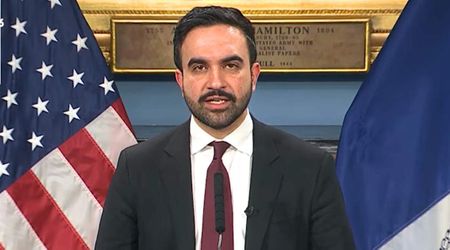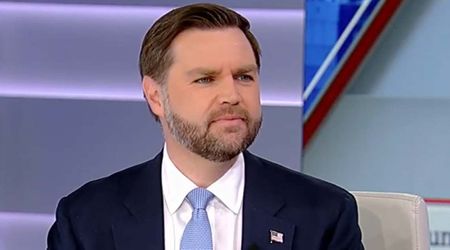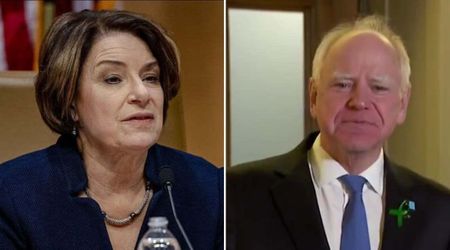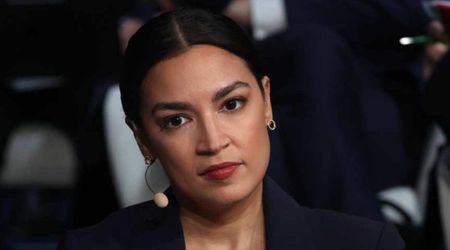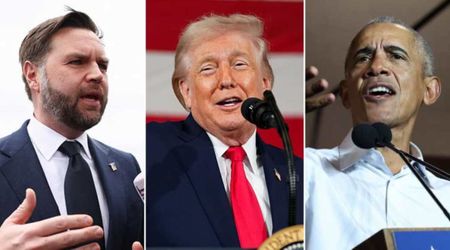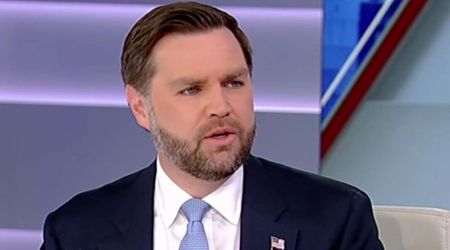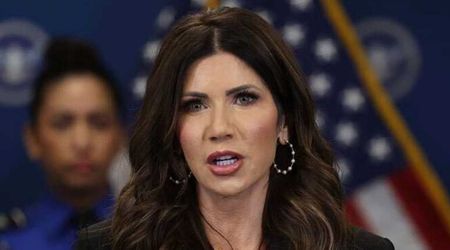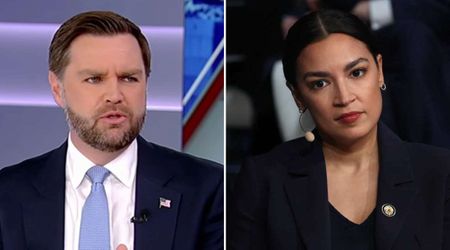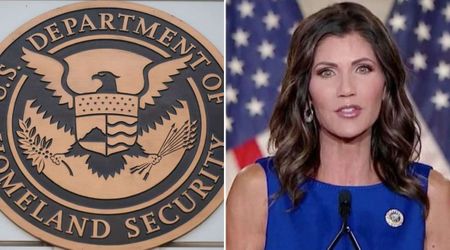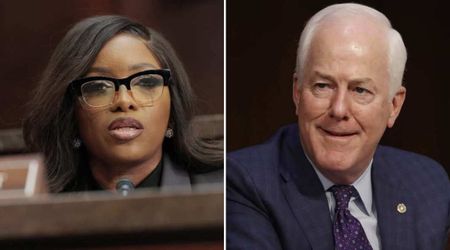Supreme Court's immunity ruling alters US presidency landscape with partial victory for Donald Trump
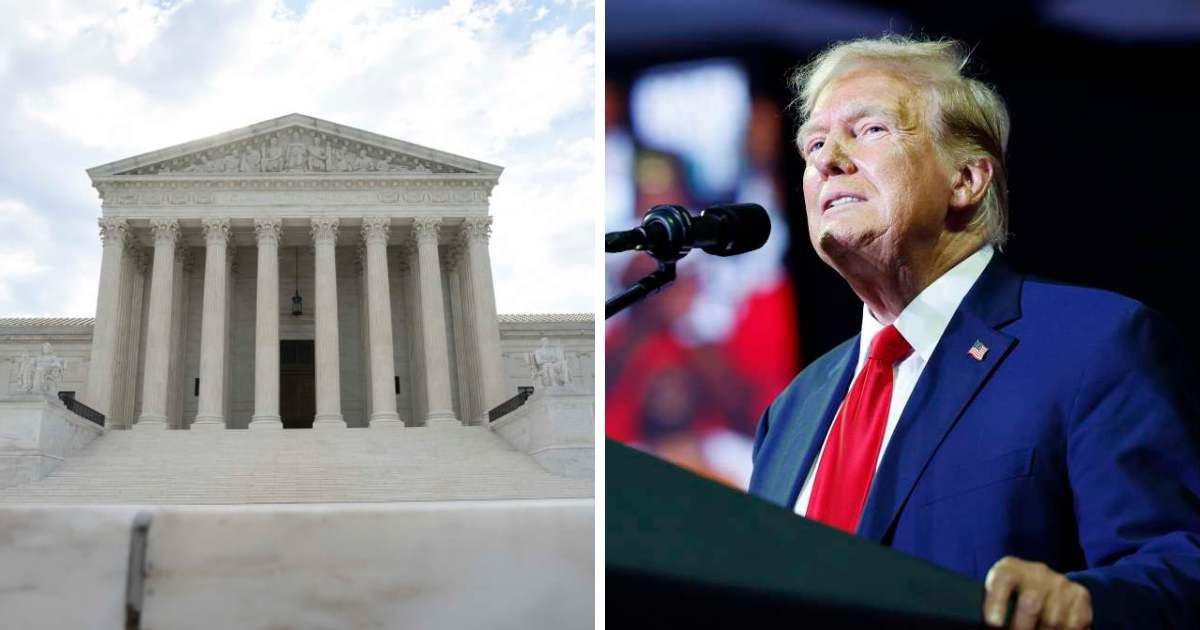
WASHINGTON, DC: The Supreme Court's crucial ruling on presidential immunity triggered caution among experts who suggested it could "fundamentally transform" the United States government.
On Monday, July 1, the SCOTUS weighed in on former President Donald Trump's argument that he should be protected from prosecution over his actions in the office.
The conservative Supreme Court partially ruled in favor of the 45th President, who faces criminal charges for actions taken during his final days in the White House, allegedly aimed at overturning the 2020 election results.
Trump's partial victory in the immunity argument came as the SCOTUS granted presidents absolute immunity for official acts performed within the "exclusive sphere of constitutional authority," and presumptive immunity for other acts.
Regarding the former president, the court majority decided, "He is entitled to at least presumptive immunity."

The ruling from six conservative justices
While the six conservative justices ruled in favor of presidential immunity, three liberal justices dissented. The majority noted that a president should be protected from legal repercussions to prevent any punishment from political opponents after the end of the tenure.
However, Chief Justice John Roberts, a conservative, emphasized that presidential immunity had limits.
"The President enjoys no immunity for his unofficial acts, and not everything the President does is official," Roberts remarked. "The President is not above the law. But Congress may not criminalize the President's conduct in carrying out the responsibilities of the Executive Branch under the Constitution."

Therefore, a president could face prosecution for any unofficial act but not for the decision taken under constitutional authority.
Weighing in on the ruling, David Super, a law professor at Georgetown University, indicated it would remarkably impact the powers of a president, as per Al Jazeera.
"This fundamentally transforms the presidency," Super said to the outlet. "Here, the court says the president is still subject to the law, but they've made that much, much narrower than it ever was before. These are certainly the kinds of powers that are much more familiar to dictators than they are to presidents of democratic countries."
Supreme Court grants' absolute immunity' to Trump's conversation with DOJ officials
The criminal ruling also shed light on which action of Trump could be considered official in the election subversion case, and the majority found the conversation between the ex-president and the Justice Department officials should be protected from prosecution.
Federal prosecutors alleged that the former president tried to illegally influence the Justice Department to overturn his 2020 election loss to Democratic opponent Joe Biden. They also contended that Trump utilized the Justice Department's power and authority to conduct fraudulent investigations into election crimes.

However, the Supreme Court considering Trump's conversations with DOJ officials as "official actions" might have threatened the Justice Department's independence.
The prosecutors are tasked with operating independently of political influence, imparting law equally even though the president appoints the attorney general. Experts cautioned that the ruling could impact this longstanding norm.
The long-term significance of the Supreme Court's immunity ruling
The lower court will determine the impact of the immunity ruling on Trump's criminal case.
However, according to Claire Finkelstein, a professor of law and philosophy at the University of Pennsylvania, the ruling has created a precedent that could allow future presidents to act with impunity under certain protections.
"The long-term significance of this ruling should not be underestimated," the professor told Al Jazeera. "What it says is that, if Donald Trump becomes president again, he can use his official capacity — in particular his core constitutional functions — to subvert the law, to shield himself from criminal liability, to distort justice in ways that favor himself."
Liberal Justice Sonia Sotomayor, who opposed the majority decision, also voiced her concerns on how presidential immunity would adversely enhance the power of a president.
In her dissent, Sotomayor pointed out that the ruling would enable the president to "use his official power for evil ends," later adding that her conservative colleague's decision turned the president into a "king above the law."
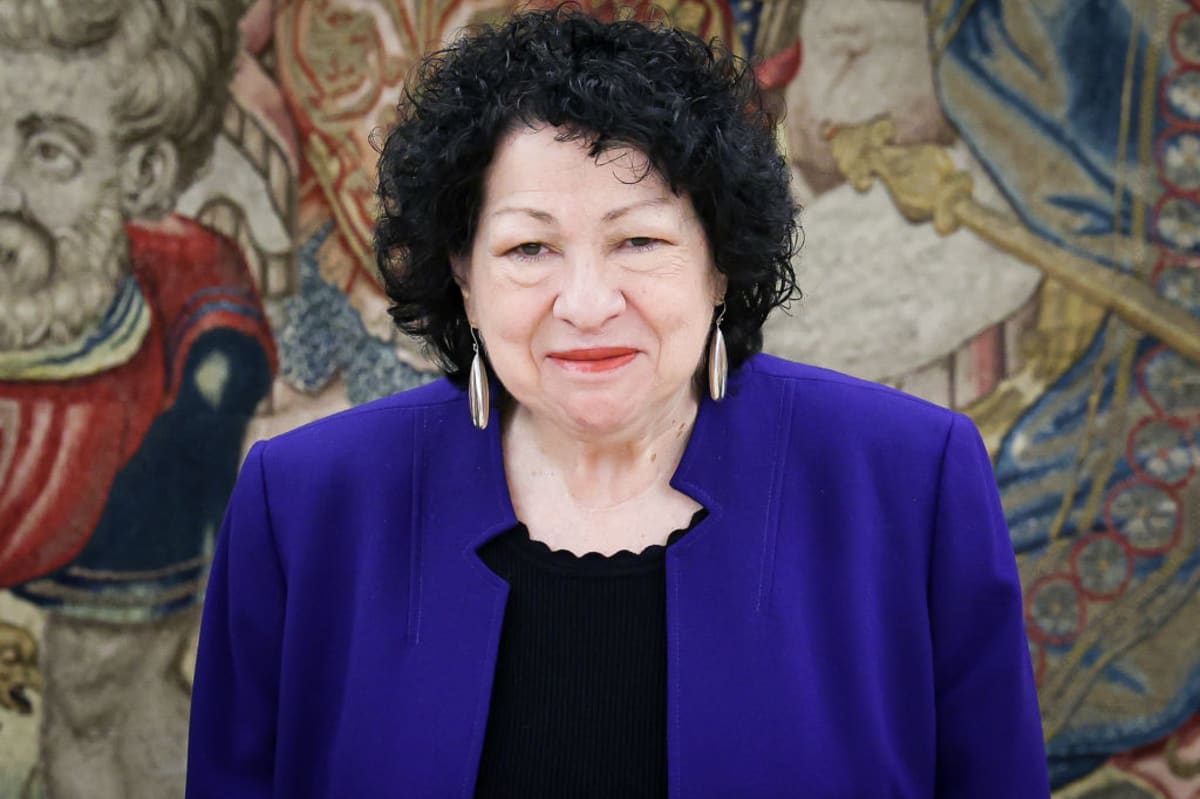
Weighing in the ruling in relation to Trump, it should be noted that shortly after the top court decision, the former president sought to delay the hush money case sentencing and overturn the guilty verdict.
Trump, who was found guilty of falsifying business records to cover up a hush money payment to a porn star before the 2016 election, was awaiting his sentence on July 11.
Experts fear the impact of immunity ruling on Trump's 2024 race
Though Trump is not the first person to push the boundary of presidential immunity, experts are worried about how the decision could boost his dictatorial tendencies.
For instance, Ronald Reagan's Watergate scandal was sufficient to charge the former president with criminal counts, but his successor, Gerald Ford, pardoned him in 1974.
Similarly, Barack Obama's administration declined to prosecute official George W Bush's presidency, which authorized torture.
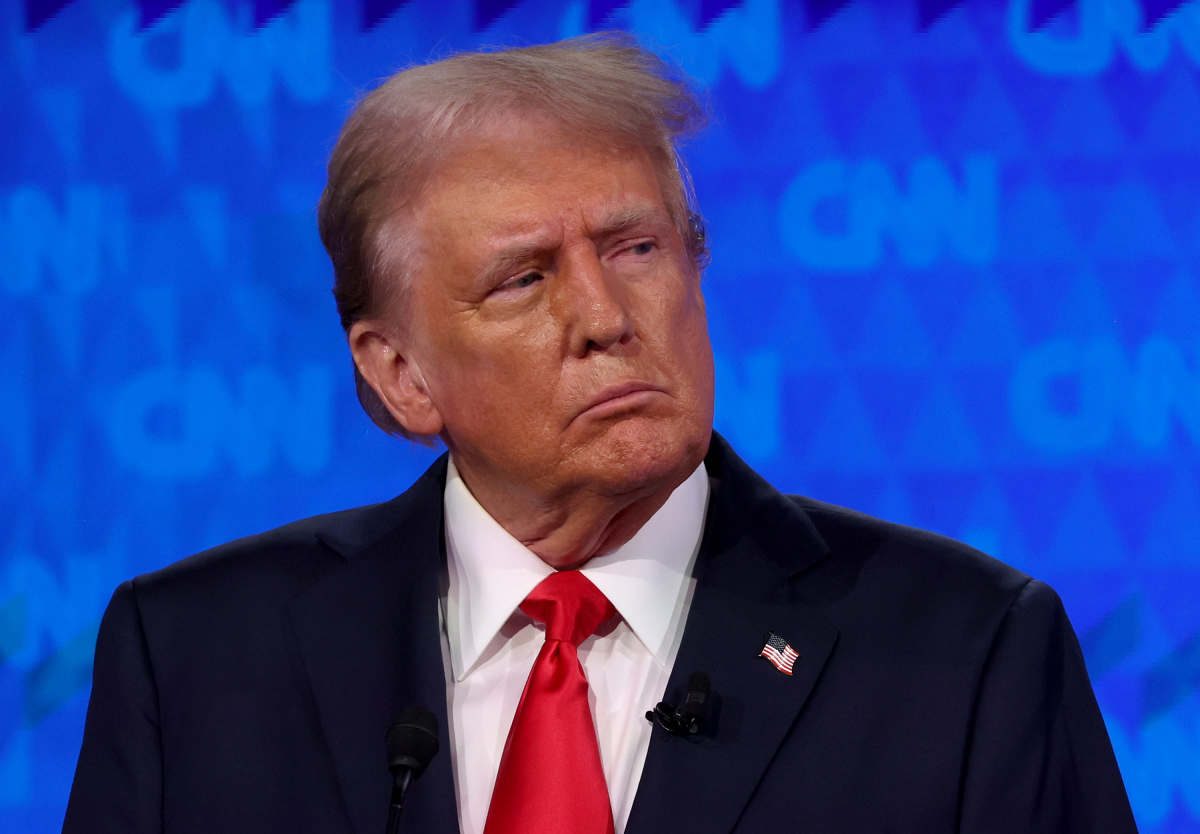
Chris Edelson, who authored 'Power Without Constraint: The Post 9/11 Presidency and National Security,' said that US presidents have wielded power sans "meaningful" constraints.
"What's different now is the court has now endorsed that, and we have a candidate for president who has made clear he will seek to rule as a dictator," he told Al Jazeera.
Trump, who often reflected Adolf Hitler's anti-immigrant rhetoric last year, said that he would be a "dictator for a day" to deport illegal immigrants and close the border.

